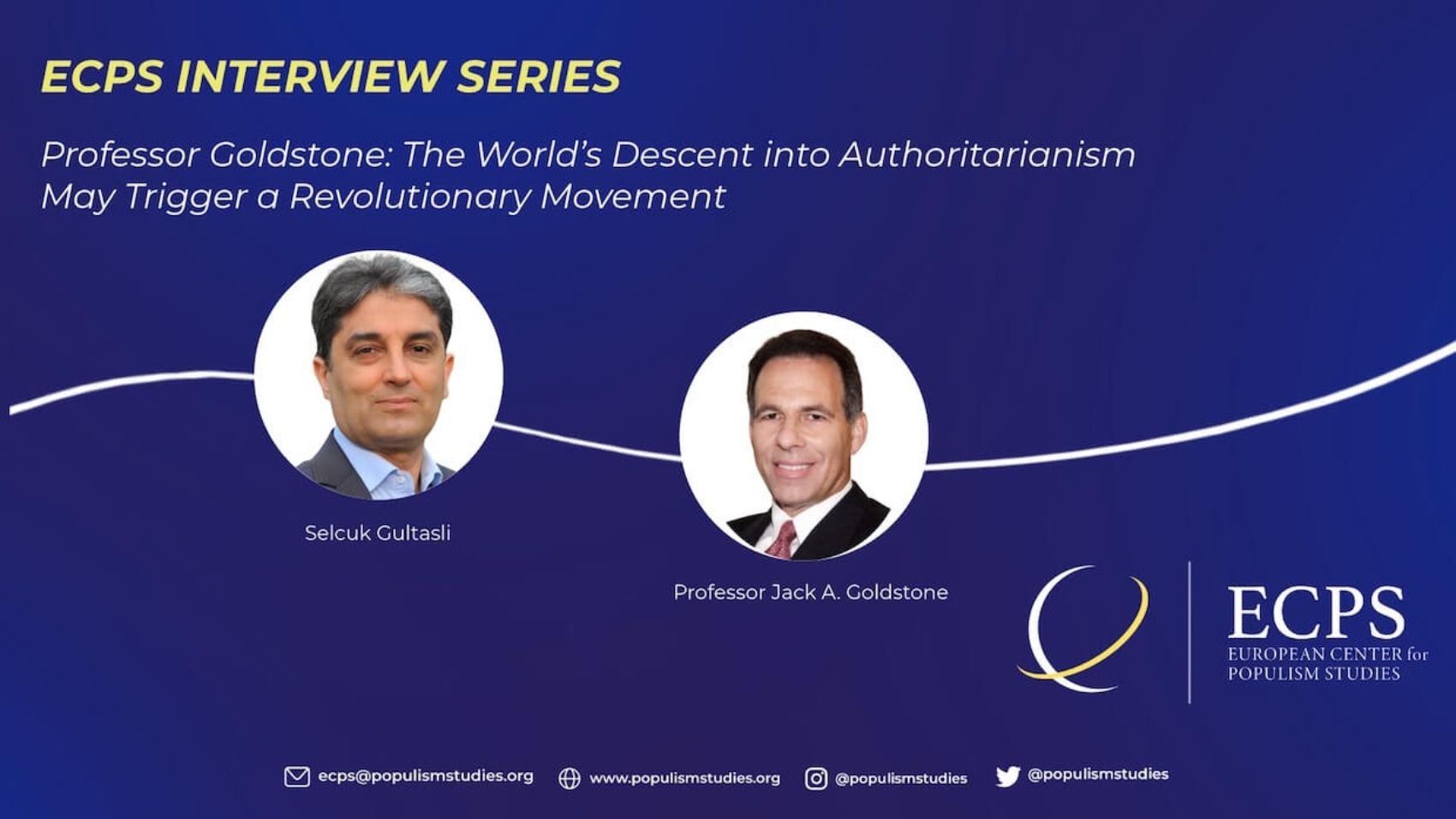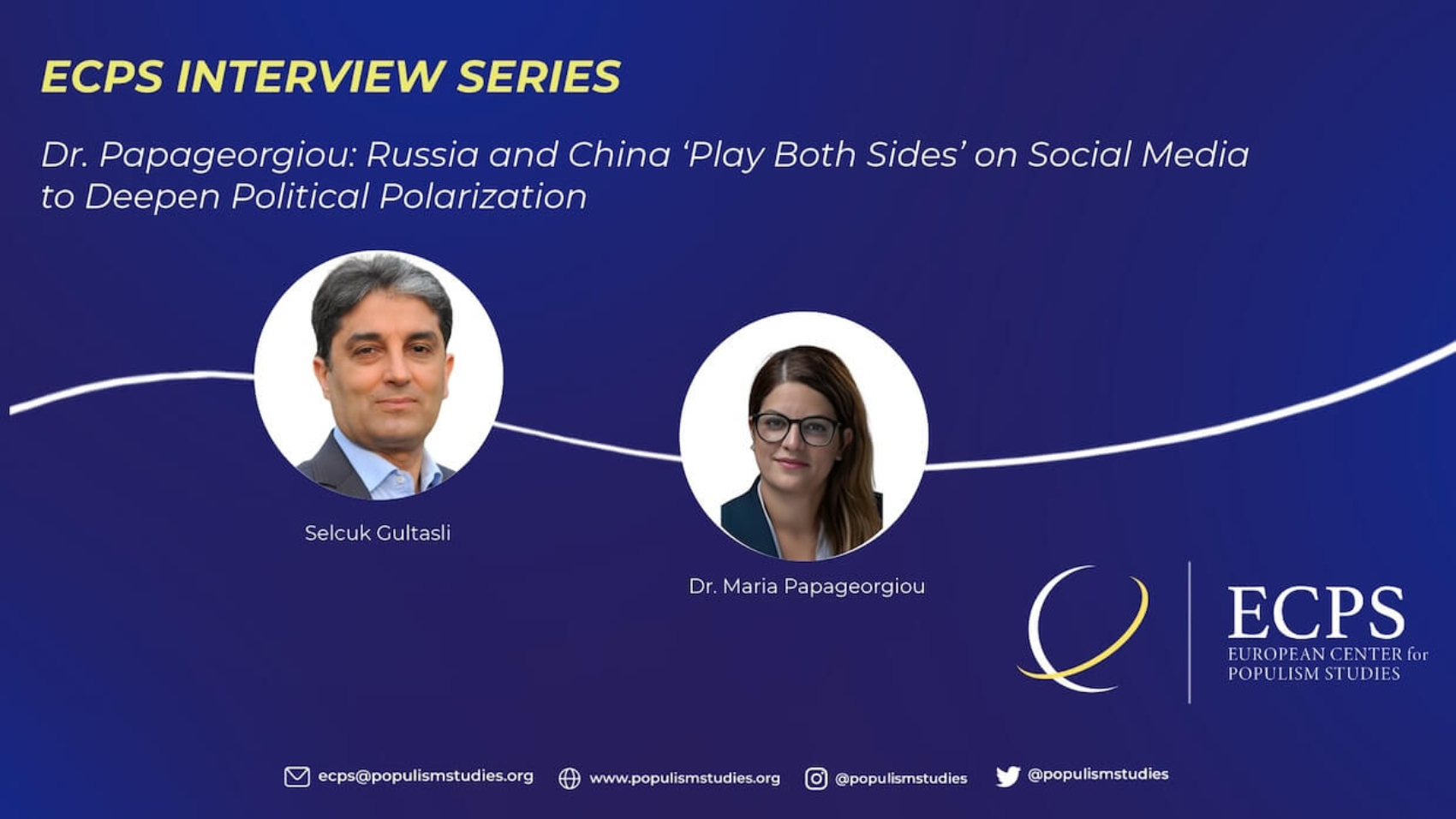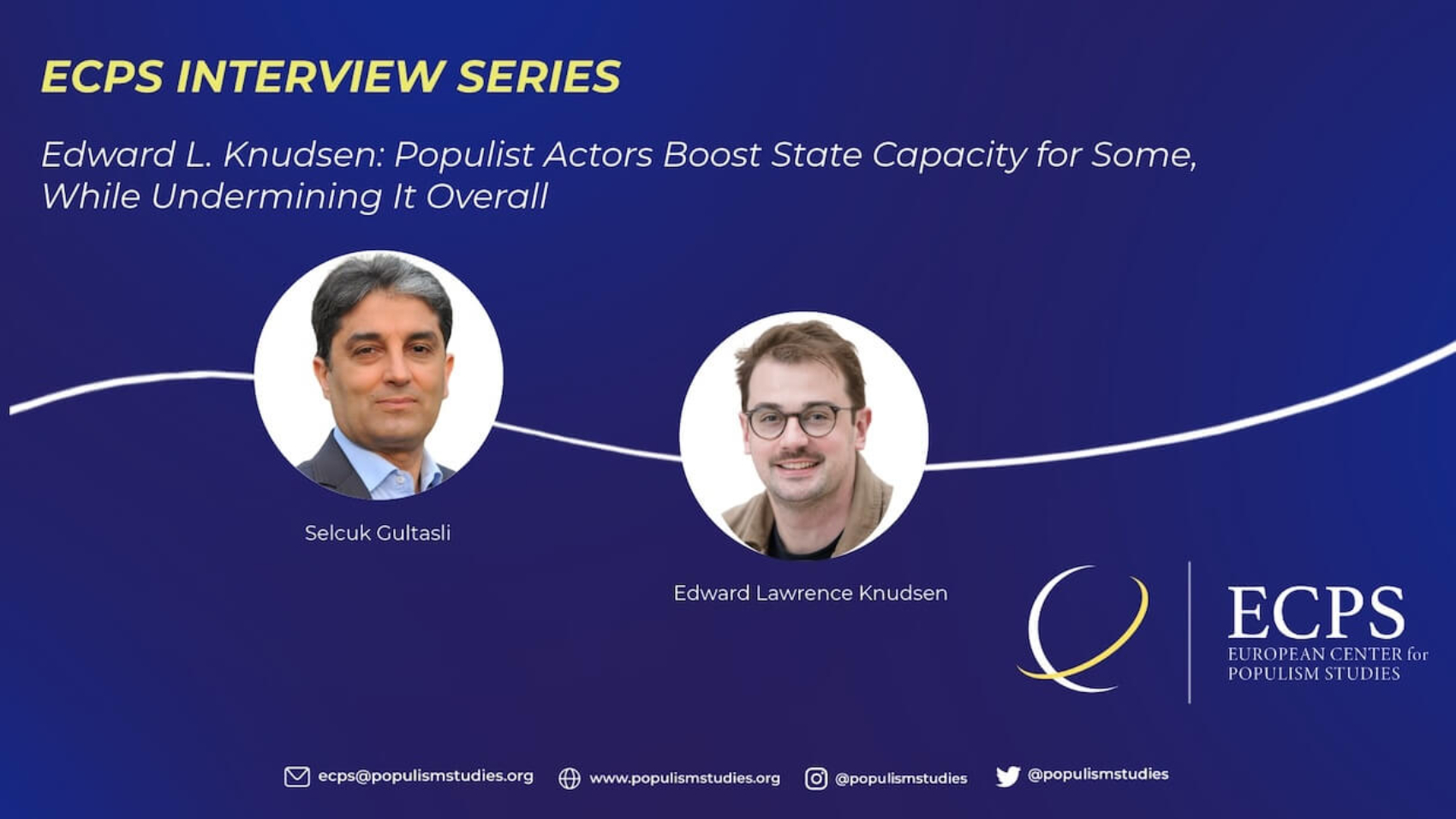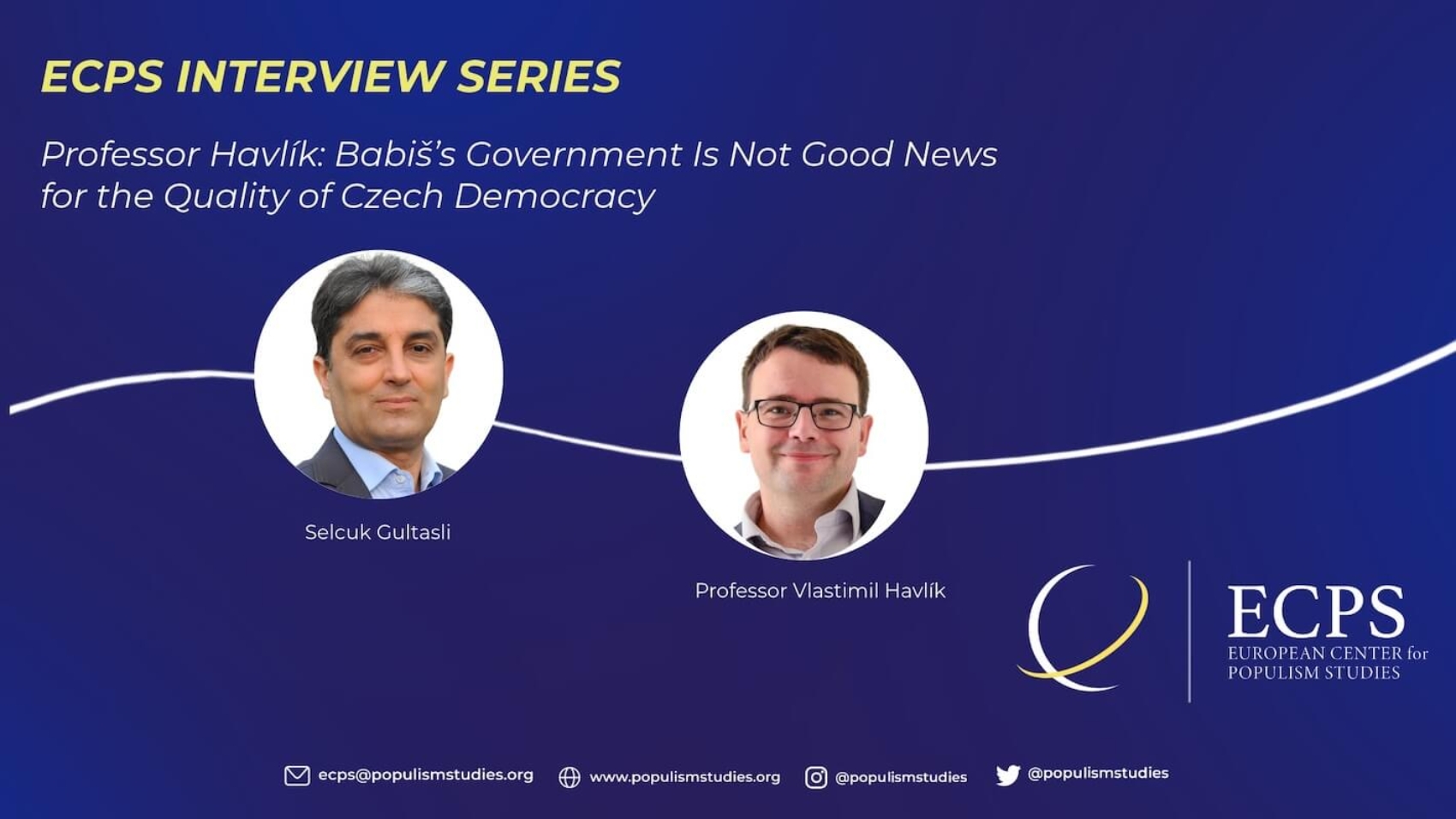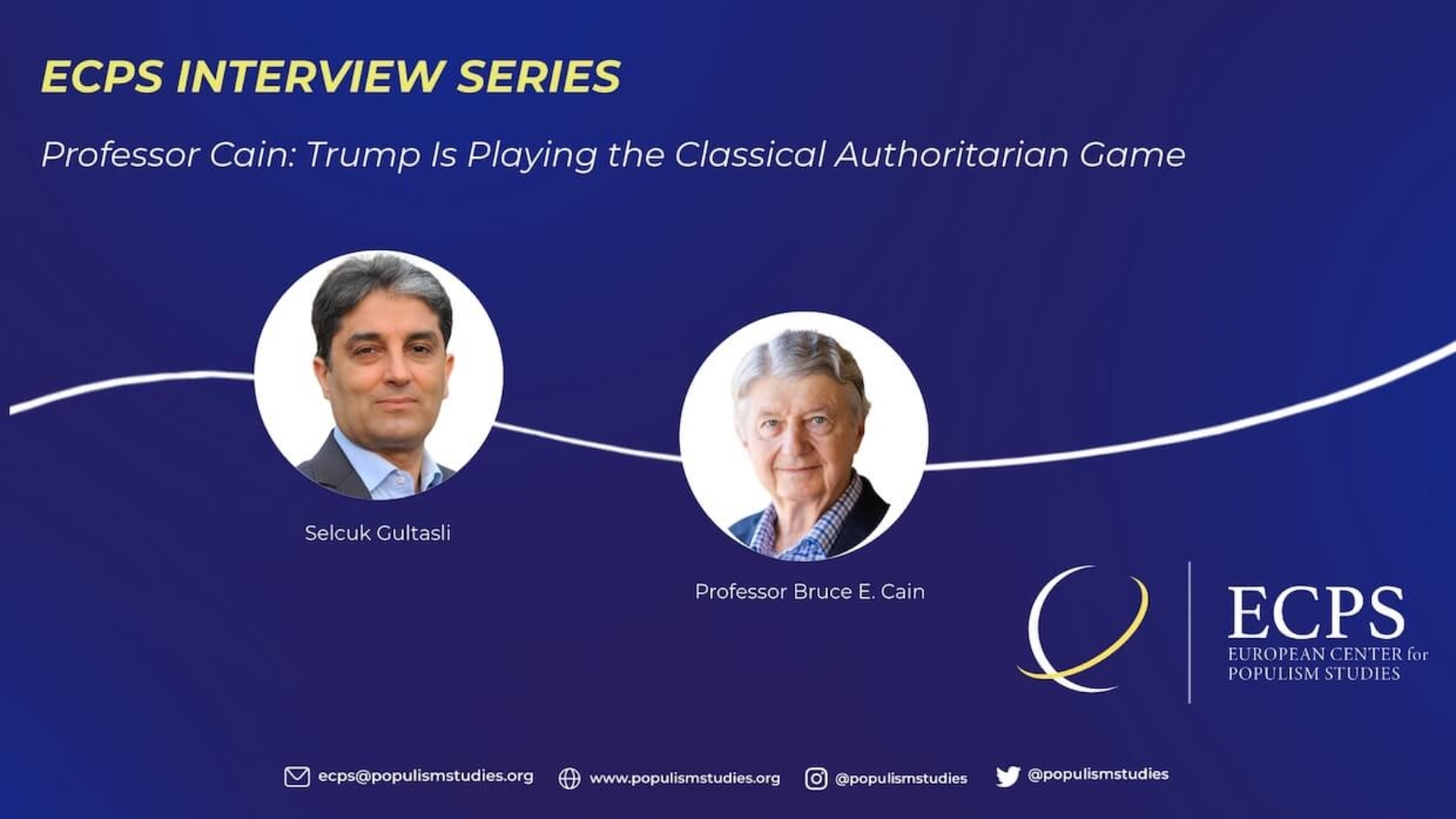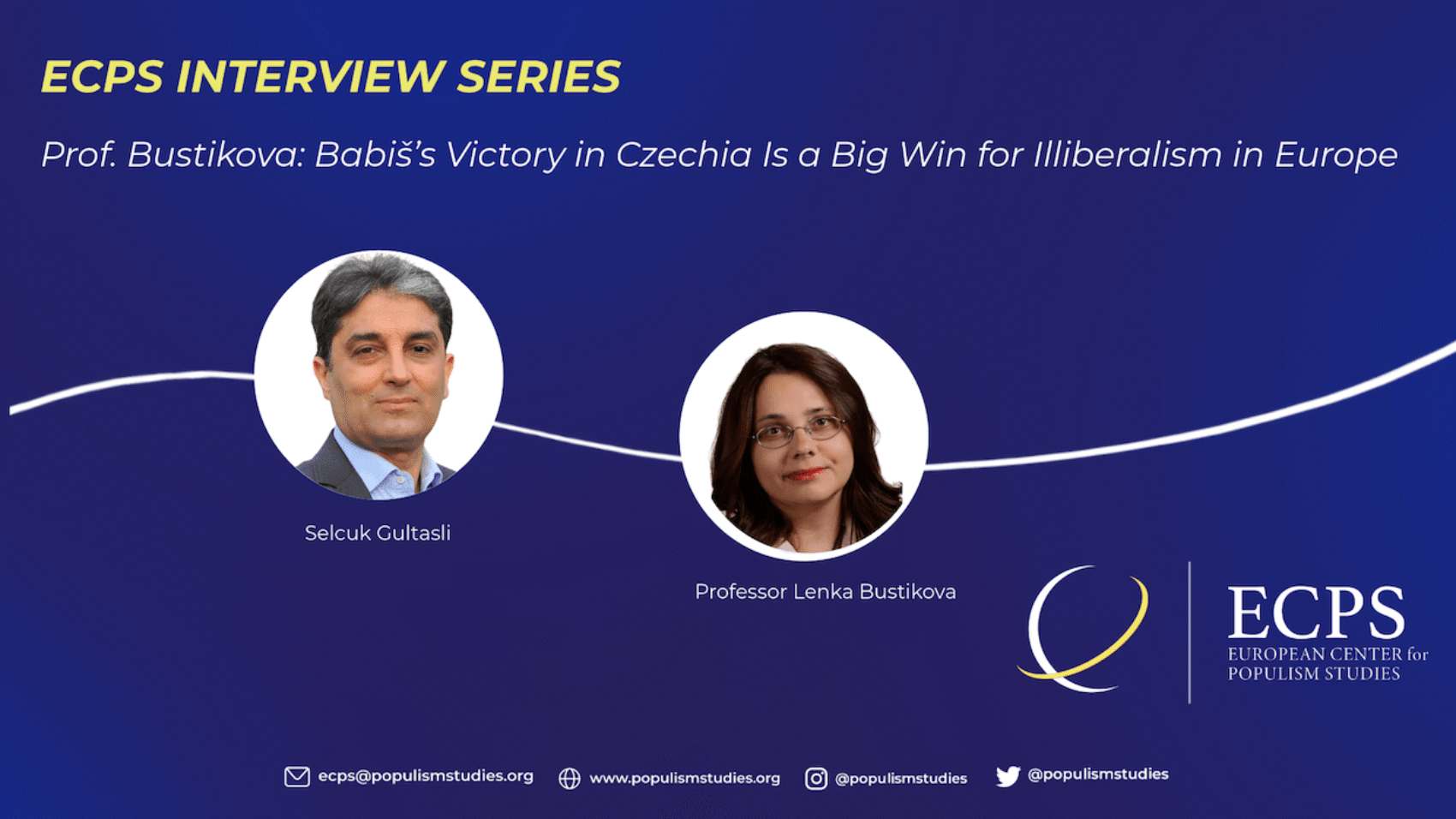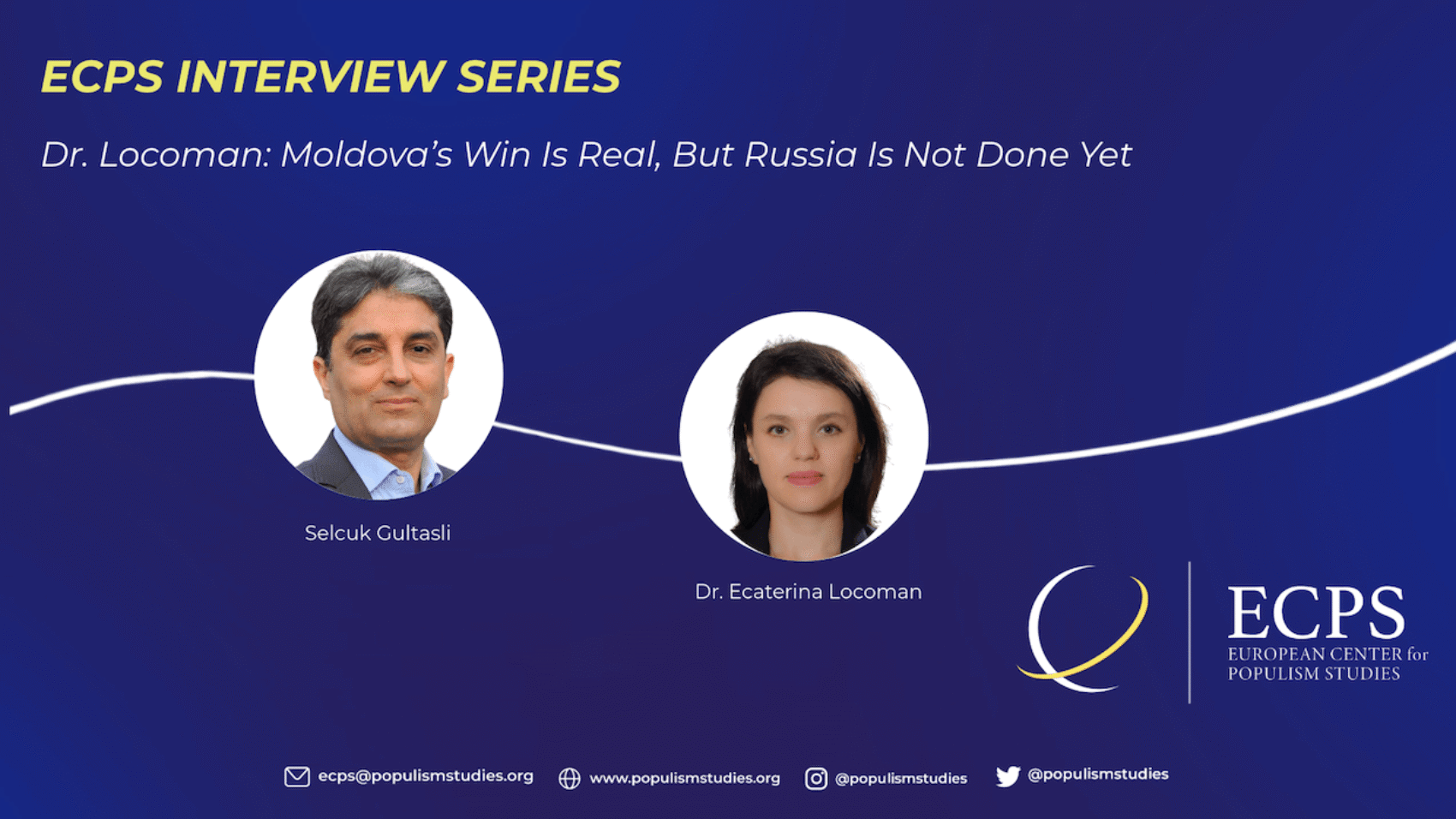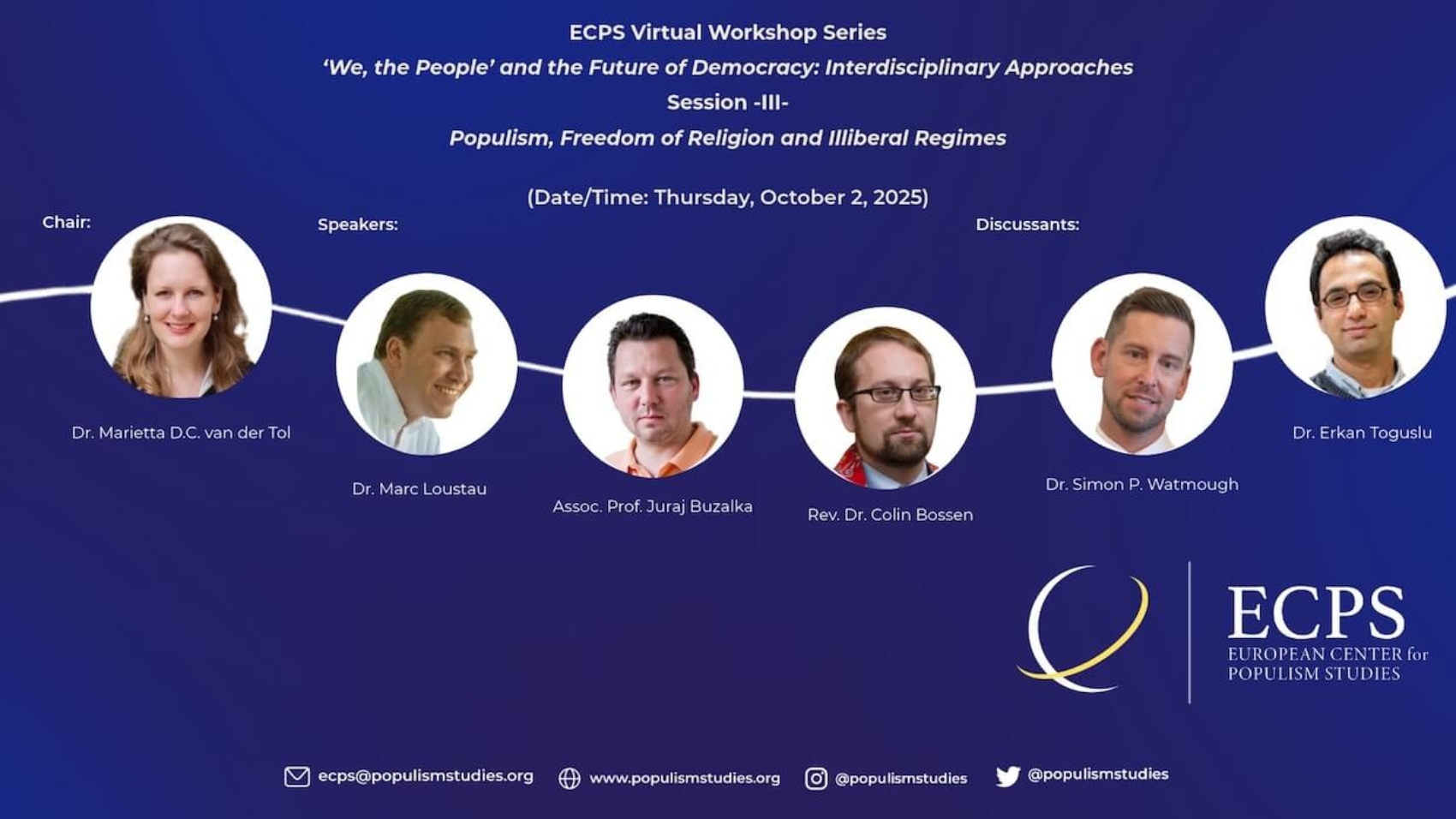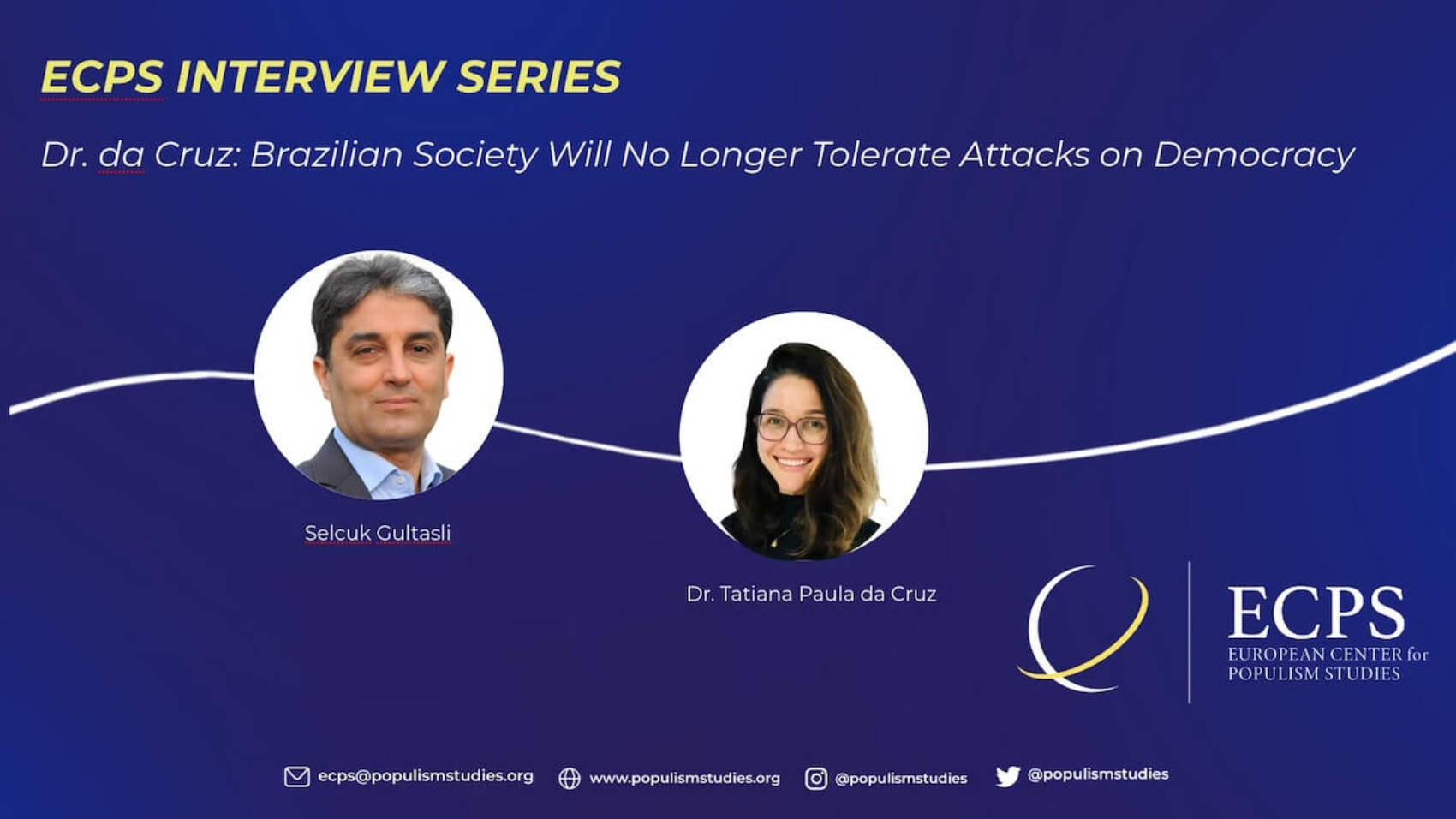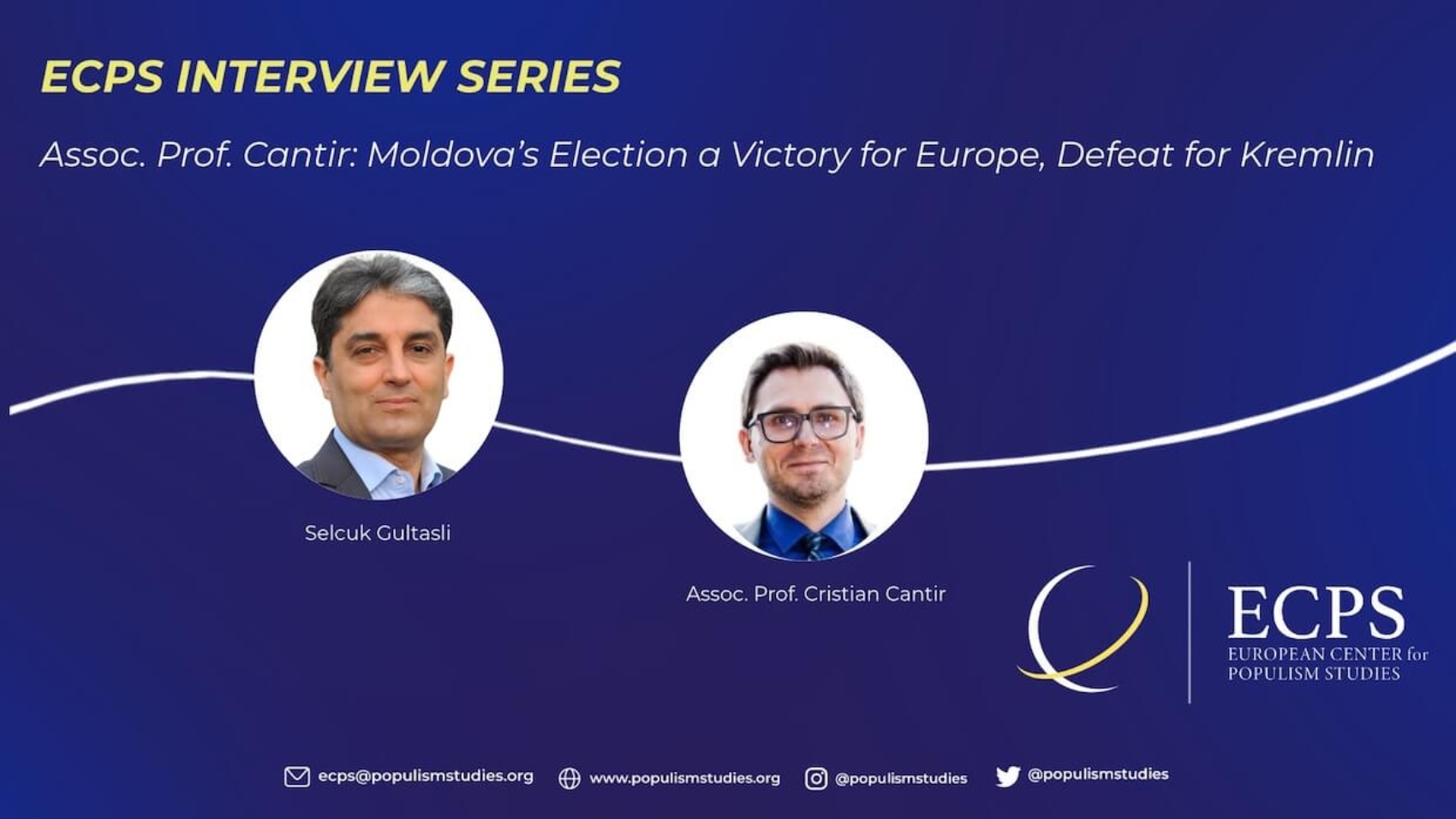In this insightful interview, world-renowned revolution scholar Professor Jack A. Goldstone warns that we are witnessing both “a descent into an authoritarian pattern across much of the world” and “the beginning of a revolutionary movement.” Professor Goldstone argues that today’s global instability—rising inequality, elite overproduction, populist anger, and democratic decay—signals the breakdown of the post–World War II liberal order. “The global and national institutions of the last 50 years,” he notes, “are falling apart.” Yet he remains cautiously hopeful: while “the next ten years will be very difficult,” he foresees that by the late 2030s, a new generation will “demand more accountability, more freedom, and use new technologies to build a better world.”
Interview by Selcuk Gultasli
In a wide-ranging and thought-provoking interview with the European Center for Populism Studies (ECPS), Professor Jack A. Goldstone—one of the world’s foremost scholars of revolutions and social change—offers a sobering yet ultimately hopeful assessment of the current global order. As the Virginia E. and John T. Hazel, Jr. Chair Professor of Public Policy at George Mason University, senior fellow at the Mercatus Center, and director of Schar’s Center for the Study of Social Change, Institutions and Policy (SCIP), Professor Goldstone brings decades of comparative historical insight to bear on today’s crises of democracy, capitalism, and governance. His diagnosis is clear and unsettling: “We are in a kind of descent into an authoritarian pattern across much of the world. That’s also the beginning of a revolutionary movement.”
According to Professor Goldstone, the present era is marked by the unraveling of the political and institutional order that defined the last half-century. “The global and national institutions of the last 50 years,” he explains, “are falling apart—they’ve come under strain for decades and are now being picked apart by both elite groups seeking advantage and populations deeply dissatisfied with financial crises, cultural clashes, and stagnant mobility.” This confluence of forces, he argues, signals not simply democratic backsliding but the early stirrings of a new revolutionary epoch.
Professor Goldstone situates these developments within the long cycles of political upheaval he has mapped throughout his career. His structural-demographic theory identifies three recurring stressors that produce revolutionary moments: rising government debt, the overproduction of elites, and mass grievances rooted in inequality and declining opportunity. Today, all three are present—governments are overextended, elites are multiplying faster than elite positions, and younger generations across the world are losing faith in social mobility. As he observes, “Failure of mobility is becoming the expectation… and that has huge effects on people’s optimism for the future and confidence in government. It creates the kind of anger that fuels a revolutionary moment.”
Yet, Professor Goldstone warns, the contemporary landscape also differs profoundly from past revolutionary ages. New technologies—from algorithmic media to artificial intelligence—are reshaping how truth, mobilization, and resistance operate. “The internet,” he notes, “was once seen as a tool of democracy, but governments have learned to weaponize it. They don’t shut down dissent; they drown it in misinformation.” In this digital ecosystem, both democratic discourse and authoritarian control are being transformed, deepening uncertainty about the trajectory of change.
Still, Professor Goldstone’s long-view perspective tempers despair with cautious optimism. While he predicts that “the next ten years will be very difficult,” he insists that revolutionary renewal remains possible: “From the late 2030s onward, we will see the next generation demanding more accountability, more freedom, and using new technologies to build a better world for themselves.” For Professor Goldstone, the world’s descent into authoritarianism may, paradoxically, set the stage for its next great democratic transformation.

